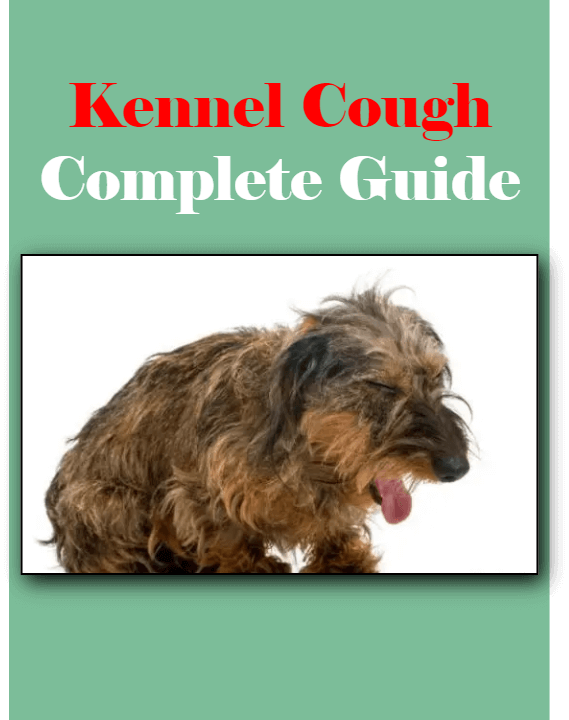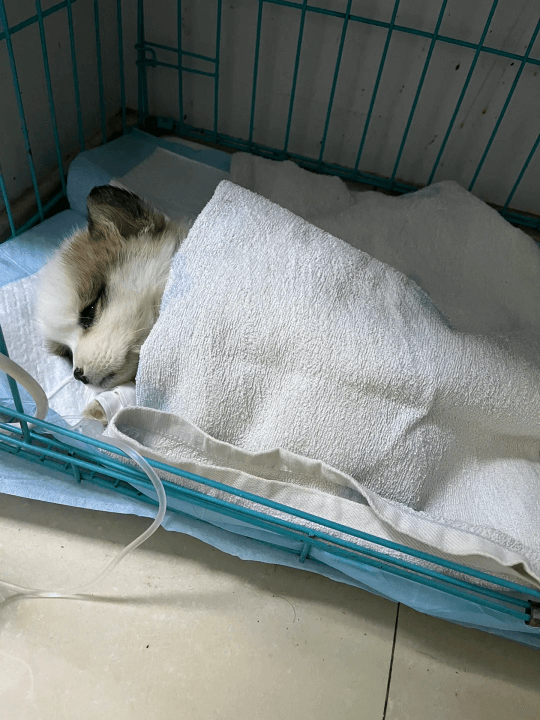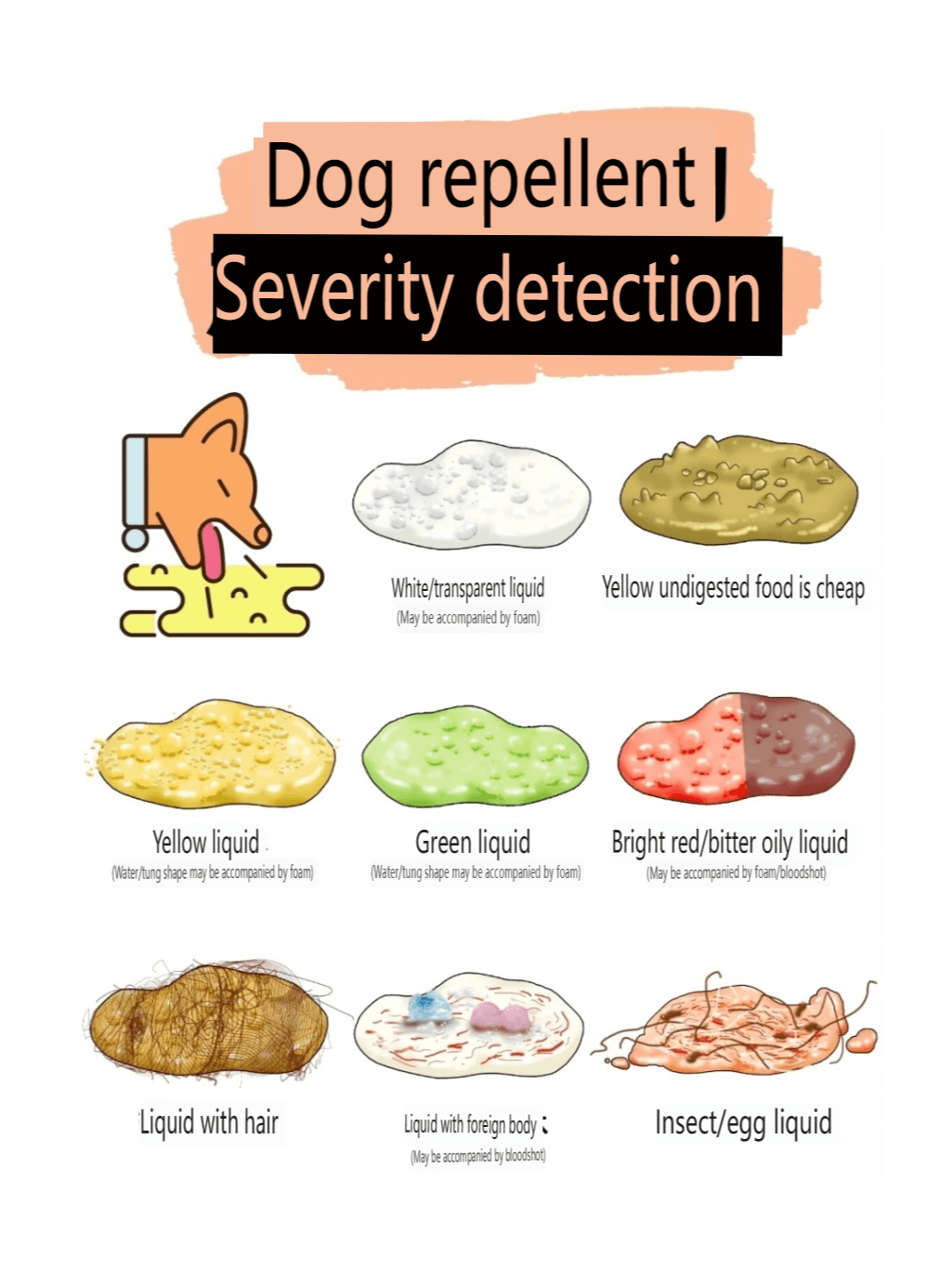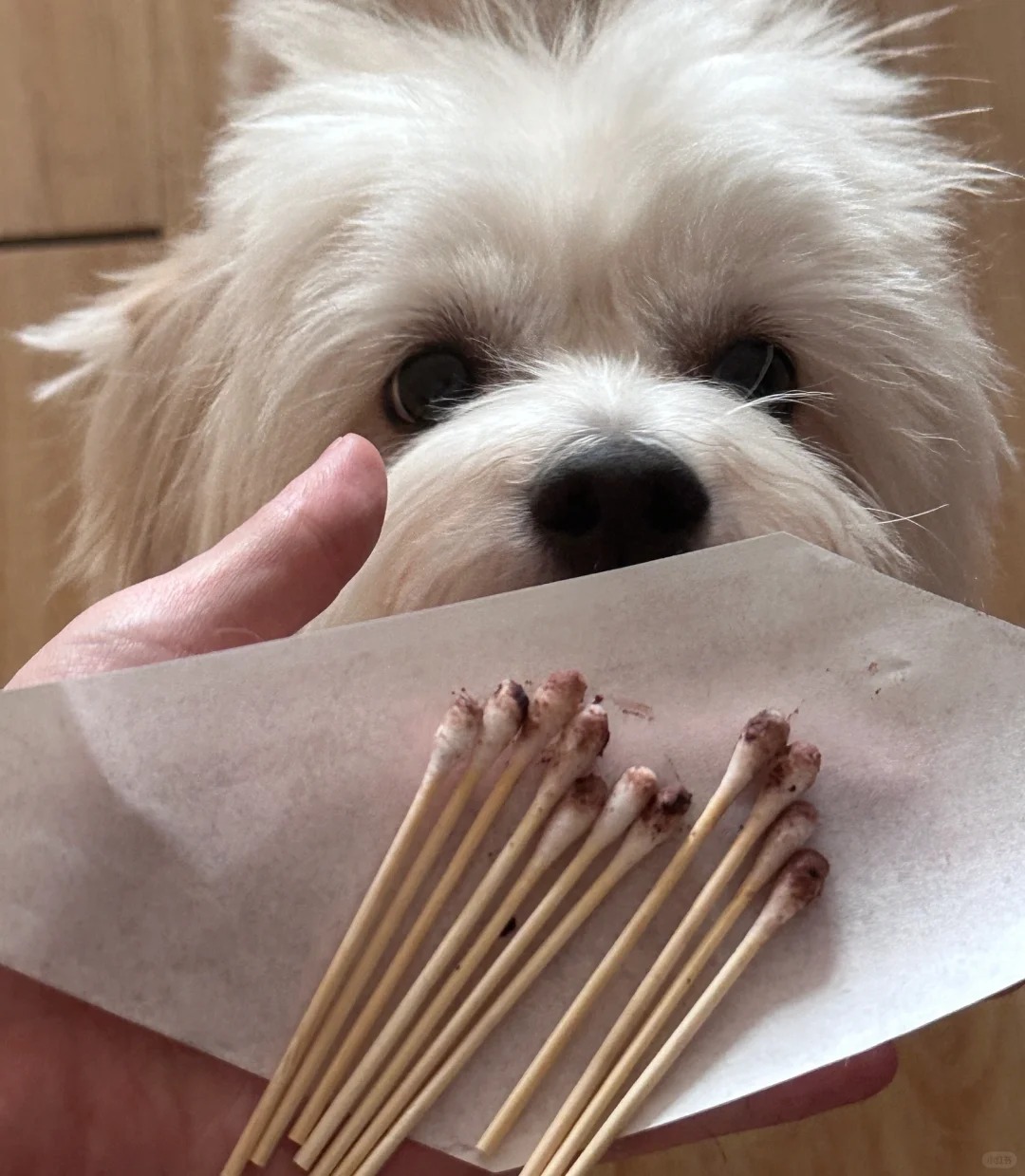✅ What is Kennel Cough?
Kennel cough, also known as canine infectious tracheobronchitis, is a highly contagious respiratory disease caused by canine adenovirus type II, canine parainfluenza virus, Bordetella bronchiseptica, and other pathogens.
💫 The infection of kennel cough is closely related to climate. Generally, cold, high humidity, and poorly ventilated environments can easily trigger this disease.
💫 Some cases can gradually recover as the body's resistance improves, while a few cases may develop bronchopneumonia due to delayed treatment, and some may experience throat swelling from severe coughing, affecting swallowing.
💫 Both adult dogs and puppies can be infected. Due to its strong contagiousness, it often causes group outbreaks of coughing, hence the name kennel cough.
✅ Symptoms
💫 Severe coughing, intermittent coughing that worsens at night and during exercise
💫 Sneezing, runny nose
💫 Lethargy, decreased appetite
💫 Low fever, drowsiness
✅ Difference from a Cold
💫 Cause: Kennel cough is caused by viruses, bacteria, mycoplasma, etc.; colds are primarily caused by getting chilled.
💫 Contagiousness: Kennel cough is contagious; colds are generally not contagious.
💫 Symptoms: Kennel cough mainly manifests as coughing, accompanied by fever, with a longer course of illness. If not treated promptly, it can develop into pneumonia; colds mainly show symptoms like sneezing and runny nose, with a shorter course of illness.
✅ How is Kennel Cough Spread?
💫 Airborne transmission
💫 Direct contact with infected dogs
💫 Contact with contaminated objects
💫 If a dog has kennel cough, isolate it from other dogs to avoid infection.
✅ How to Treat
💫 Anti-inflammatories: doxycycline, Simplecef
💫 Cough suppressants and bronchodilators: Bromhexine
💫 Antivirals: Ribavirin
💫 Nebulization: saline, gentamicin, etc.
👉🏻 If symptoms are severe, seek medical treatment at the hospital for injections or IV therapy for quicker results.
👉🏻 Since kennel cough is often caused by multiple pathogens inducing throat inflammation, regular medications may have difficulty reaching this area, and most antibiotics may not have immediate effect.
👉🏻 Keep the sick dog warm, especially at night when temperatures are lower, as coughing symptoms may worsen. Avoid vigorous exercise and reduce outdoor activities.
👉🏻 Feed mainly wet food or soak dry food to soften it, reducing intestinal irritation.
✅ How to Prevent
💫 Enhance physical fitness: Provide your dog with sufficient space and exercise.
💫 Enhance nutrition: Choose healthy and high-quality food, avoiding cheap, toxic dog food.
💫 Regular vaccinations and deworming: This can reduce the risk of your dog contracting infectious diseases.
💫 Maintain environmental hygiene: Keep the dog's living environment clean, and disinfect regularly.🦠
#PetDoctor [topic]# #KennelCough [topic]# #Pet [topic]# #LittleRedBookPetManual [topic]# #NewDogOwner [topic]#




